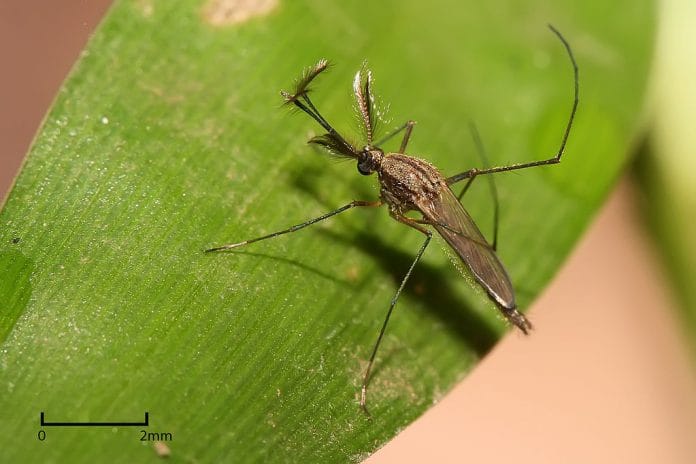New Delhi: In a preventive measure to curb the comeback of West Nile fever (WNF) in south India, the Modi government is sending a team of medical officers to Kerala to stop the spread of the relatively unknown viral infection which causes fatal neurological diseases and death. The disease is spread by infected mosquitoes.
The government’s move comes after a seven-year-old boy from Kerala’s Malappuram district was diagnosed with the viral infection.
The four-member National Centre for Disease Control (NCDC) team will have Dr Ruchi Jain, Dr E. Rajendran, Dr Suneet Kaur and Binoy S. Babu, Epidemic Intelligence Service officer who works under the Union health ministry.
The Modi government move came after the health ministry called an urgent meeting early Thursday.
The team will leave for Kerala Thursday, said Health Secretary Preeti Sudan, who met Kerala’s additional chief secretary and principal secretary from the state’s health department.
Also read: Zika, dengue spreading— Should India invest in GM mosquitoes or make better pesticides?
The team will travel to Malappuram to ascertain the extent of damage in the district and collect samples for further inquiry, said a source in the ministry. It will also conduct vector-control programmes to stop the breeding of the carrier “Culex mosquitoes”.
“Our regional director is monitoring the situation… his team is in touch with the health department of Kerala,” Sudan told ThePrint.
“The boy — diagnosed with West Nile fever — is responding well to the treatment,” Sudan said.
Health department officials suspect the spread of the virus could have infected the septic tank at the patient’s residence at Malappuram.
The infection is maintained in nature through a cycle involving transmission between birds and mosquitoes, according to World Health Organisation (WHO).
What is West Nile fever?
According to WHO, the viral infection is usually caused due to bites from infected mosquitoes.
“Mosquitoes become infected when they feed on infected birds, which circulate the virus in their blood for a few days. The virus eventually gets into the mosquito’s salivary glands. During later blood meals (when mosquitoes bite), the virus may be injected into humans and animals, where it can multiply and possibly cause illness.”
The symptoms of the disease include fever, headache, tiredness, body ache, nausea, vomiting, skin rash, and swollen lymph glands.
WHO estimates that approximately 1 in 150 persons infected with the WNV will develop a more severe form of the disease.
Also read: Africa will ‘produce’ a mosquito that will actually fight malaria
Comeback of WNF to South India
In the past, south India had reported confirmed cases of WNF infections in Vellore and Kolar districts in 1977, 1978 and 1981, according to the National Health Portal.
The presence of Wild Nile Virus (WNV) was also confirmed in clinical specimens during an outbreak of acute encephalitis syndrome in Kerala, in May 2011, said the government health portal.
Other medical journals have also reportedly found evidences of widespread WNV in domestic ducks in Kuttanad region in the last decade.







Wow… Instead of Central Govt, you choose to call it Modi govt.